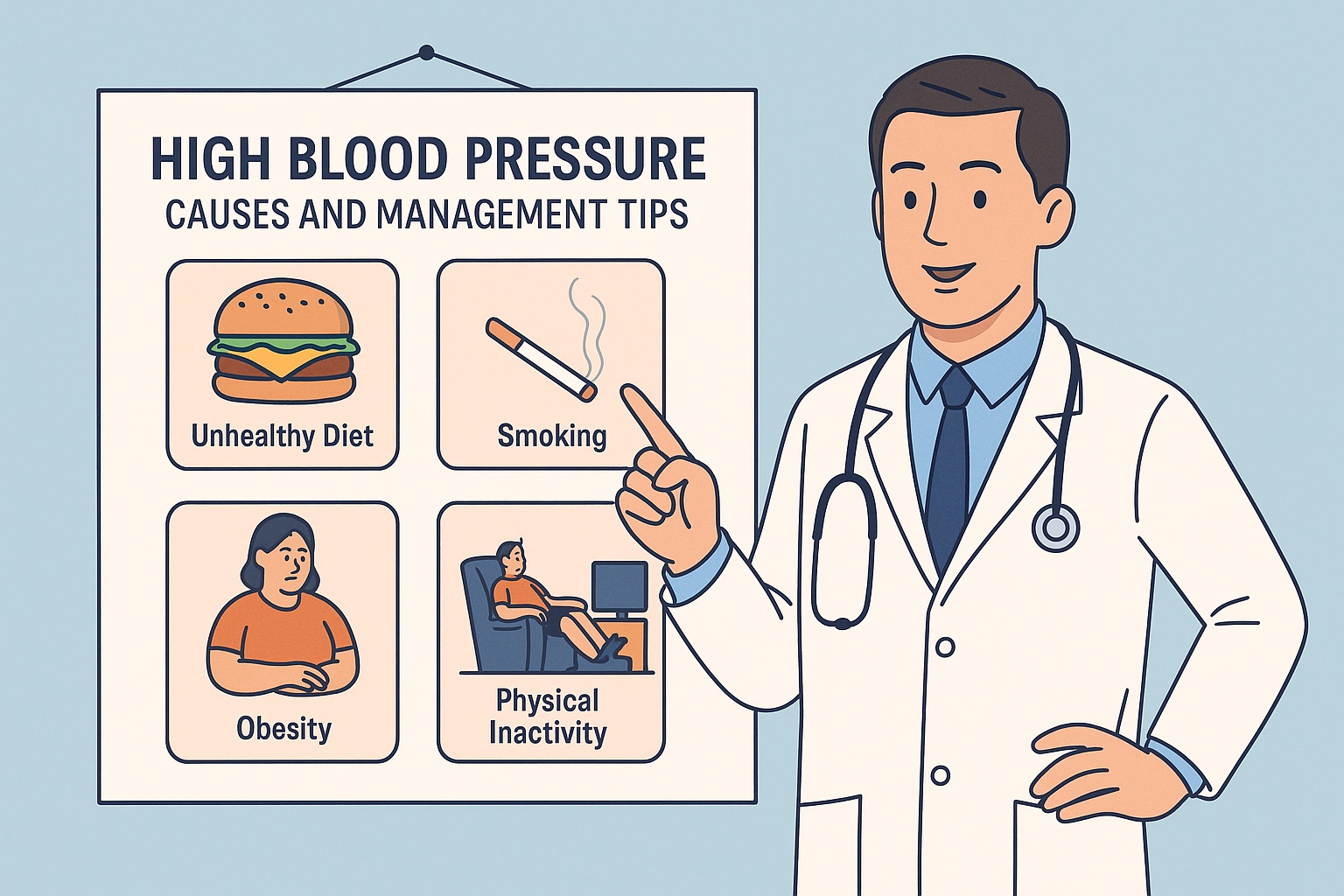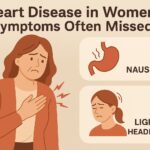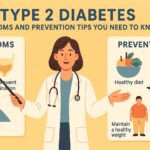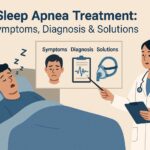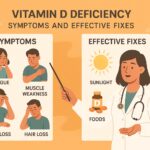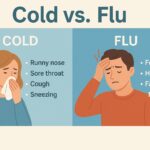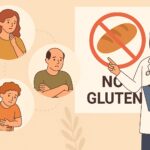Understanding High Blood Pressure: What You Need to Know
High blood pressure causes and management are crucial topics for millions of Americans who face the daily risks of hypertension. Often called the “silent killer,” high blood pressure usually shows no symptoms until it’s already caused serious health issues like heart disease or stroke. In this article, you’ll discover what leads to high blood pressure and the safest, most effective ways to manage it.
What Is High Blood Pressure?
High blood pressure, or hypertension, happens when the force of your blood pushing against artery walls remains consistently too high. This condition can strain your heart and blood vessels, increasing the risk of heart attacks, kidney disease, and vision problems.
A normal blood pressure reading is below 120/80 mm Hg. Readings consistently at or above 130/80 mm Hg are considered high and require lifestyle adjustments or medical intervention.
Common High Blood Pressure Causes
Multiple factors can contribute to high blood pressure. Understanding these causes helps in both prevention and control.
- Poor diet — High sodium, low potassium, and processed foods can raise blood pressure significantly.
- Obesity — Extra body weight strains the heart and arteries, raising blood pressure over time.
- Lack of physical activity — A sedentary lifestyle weakens the cardiovascular system, contributing to hypertension.
- Smoking and alcohol use — Tobacco and excessive drinking narrow arteries and damage blood vessels.
- Chronic stress — Constant stress increases adrenaline, which can temporarily and repeatedly spike your blood pressure.
- Genetics — A family history of high blood pressure raises your risk.
- Underlying conditions — Conditions like diabetes, kidney disease, or sleep apnea often contribute to hypertension.
Symptoms: Why High Blood Pressure Is a Silent Risk
In most cases, high blood pressure presents no noticeable symptoms. However, in severe cases or hypertensive emergencies, you may experience:
- Severe headaches
- Blurred vision
- Chest pain
- Shortness of breath
- Nosebleeds
Even if you feel fine, regular blood pressure checks are essential. Early detection is key to safe management.
Safe High Blood Pressure Management Strategies
Managing high blood pressure effectively often means a combination of lifestyle changes and, in some cases, medication. Below are proven ways to keep your numbers in check:
- Adopt a heart-healthy diet — Focus on fruits, vegetables, whole grains, lean proteins, and reduce salt intake.
- Exercise regularly — Aim for at least 30 minutes of moderate aerobic activity most days of the week.
- Lose excess weight — Even a 5–10% reduction in body weight can lower your blood pressure.
- Limit alcohol — Stick to no more than one drink per day for women and two for men.
- Quit smoking — Tobacco cessation improves overall cardiovascular health almost immediately.
- Manage stress — Use mindfulness, meditation, breathing exercises, or therapy.
- Take prescribed medications — If lifestyle changes aren’t enough, follow your doctor’s prescription closely.
Top Diet Tips to Lower Blood Pressure
Nutrition plays a central role in blood pressure control. The DASH (Dietary Approaches to Stop Hypertension) eating plan is highly recommended. Key features include:
- Low sodium (preferably under 1500 mg/day)
- Plenty of potassium-rich foods like bananas, sweet potatoes, and spinach
- High fiber intake through whole grains and legumes
- Lean proteins, especially fish and poultry
- Low-fat dairy and plant-based oils
Monitoring and Working With Your Doctor
Home blood pressure monitors can help you track changes over time. Keep a log and share it with your healthcare provider during check-ups. Never adjust medication without medical advice. Your doctor may also run tests to find underlying causes of persistent hypertension.
When to Seek Emergency Care
If your blood pressure readings are 180/120 mm Hg or higher and you experience symptoms such as chest pain, vision changes, or difficulty breathing, seek emergency help immediately. These may indicate a hypertensive crisis and require urgent intervention.
FAQs: High Blood Pressure Causes and Management
- Can stress alone cause high blood pressure?
Stress can temporarily raise blood pressure and, over time, contribute to long-term issues if not managed properly. - Is medication always necessary?
Not always. Many people manage their condition through diet, exercise, and weight loss, especially in the early stages. - How often should I check my blood pressure?
At least once a month if you’re at risk, and more frequently if you’ve been diagnosed with hypertension.
Conclusion: Take Control of Your Heart Health Today
Understanding high blood pressure causes and management can make a life-saving difference. With the right lifestyle changes, regular monitoring, and professional guidance, you can reduce your risk and improve your well-being. Start today — your heart will thank you.
